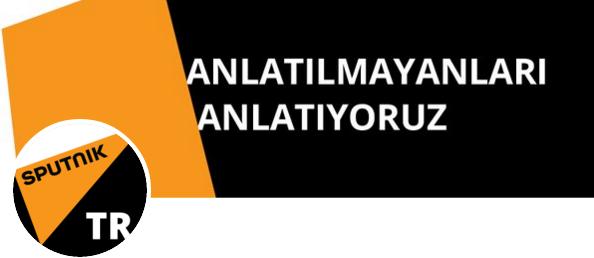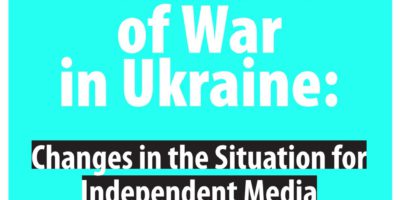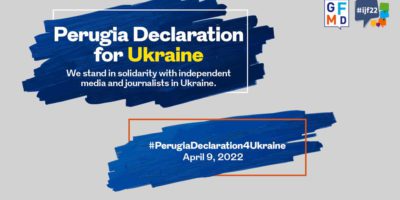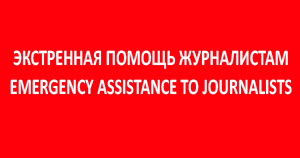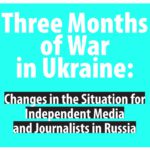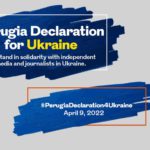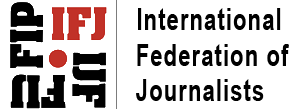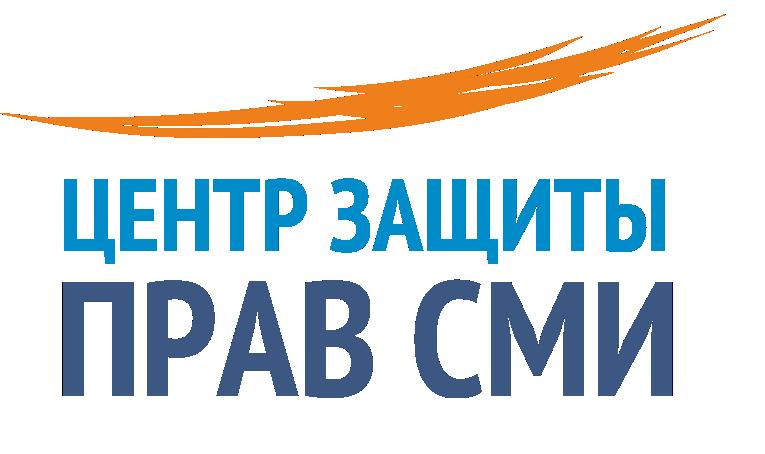On Sunday, Turkish police targeted journalists from Sputnik Türkiye, arresting at least three Turkish employees of the service and editor-in-chief Mahir Boztepe in raids in both Istanbul and Ankara. The reason? Publication of “The ‘Stolen Province’: Why Turkey Was Given A Corner Of Syria By France 80 Years Ago” — an article on the agency’s website dedicated to the origins of the Hatay (Antioch) province in southern Turkey, near the Syrian border. Turkish pro-government media immediately vilified the article, claiming it called for the return of the Turkish province to Syria. This is false. The text does not assert anything of this kind, although the article title, topic, and presentation are admittedly designed as historical ‘click bait’ given current hostilities in the region. This, however, is a subject for stylistic and ethical debate, not forceful police action.
According to the Turkish NGO Media and Law Studies Association, the police justified the detentions by citing article 302 of Turkish Criminal Code, a measure aimed at countering threats to the territorial integrity of the Turkish state. This charge can result in a life sentence in a high-security prison.
By Sunday evening, the Sputnik journalists were released, but the charges against them have not been dropped. Indeed, this practice — in which charges against journalists remain and police can reopen a case at any moment — is a widely-used pressure tactic against journalists in Turkey. The authorities clearly breathe easier when journalists remain under constant threat of renewed arrest.
The situation with freedom of expression and the media in Turkey is extremely alarming. The Reporters Without Borders press freedom index 2019 ranked Turkey 157th out of 180 countries. Today, up to 100 journalists in Turkey remain under arrest or in detention. After the failed coup attempt in 2016, an unprecedented crackdown on journalists and media critical of the government resulted in dozens of media outlets being closed and long sentences — up to life imprisonment — for independent media voices common.
In July 2019, the Turkish authorities shifted its pressure towards foreign media. The research centre of the SETA Foundation, a think-tank close to the ruling Justice and Development Party in Turkey, published a report “Representations of International Media in Turkey”, which lists Turkish journalists working in international media. It includes details of their social media accounts and other personal information.
Sputnik Türkiye journalists have become hostages to a deterioration in political relations between Russia and Turkey, fueled by recent military clashes in neighbouring Syria. At the same time, RIA Novosti, which alongside Sputnik sits under Russia’s Rossiya Sevodnya state-held parent company, has given heavy coverage to threats by a Russian Foreign Ministry official promising “retaliatory measures against the Turkish media”, which “will not be long in coming”. This, too, is unacceptable. Neither Russian or Turkish journalists should be used as bargaining chips by politicians or state actors.
Yet given past experience, threats of “retaliatory measures” provide reason for concern that the Russian authorities might exploit the pressure on Sputnik Türkiye to increase censorship and pressure against staff and freelancers of foreign news organisations within Russia itself.
JMWU demands the immediate cessation of pressure on the employees of Sputnik Türkiye. Unlike the representatives of the Russian official structures and Sputnik’s management, JMWU always speaks loudly about the violation of journalists’ rights, and not selectively. Any prosecution of journalists for their professional activities harms the profession as a whole and reduces the space for freedom of expression in Russia and in the whole world.
Read the alert on the COE platform on this behalf.

